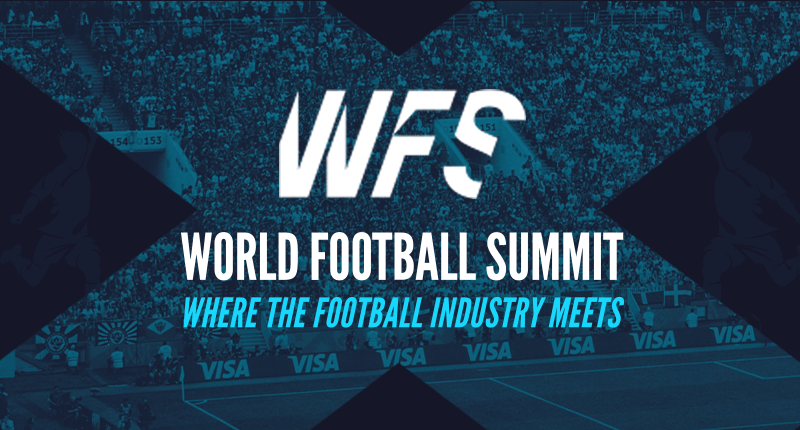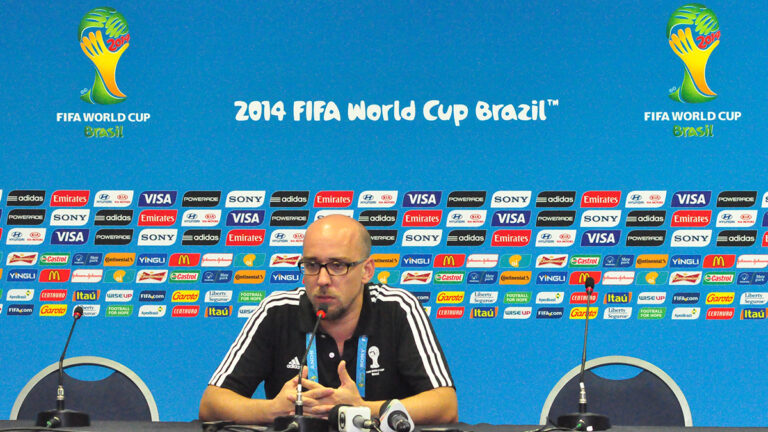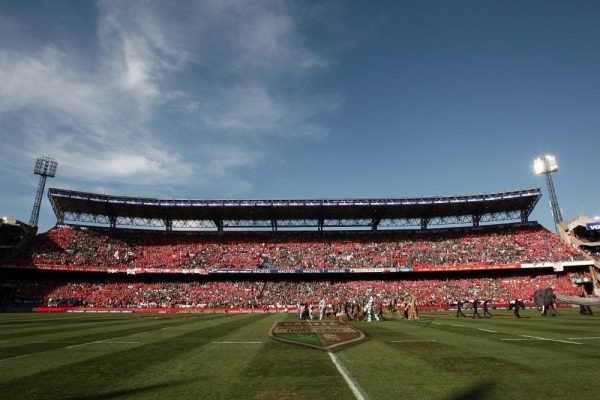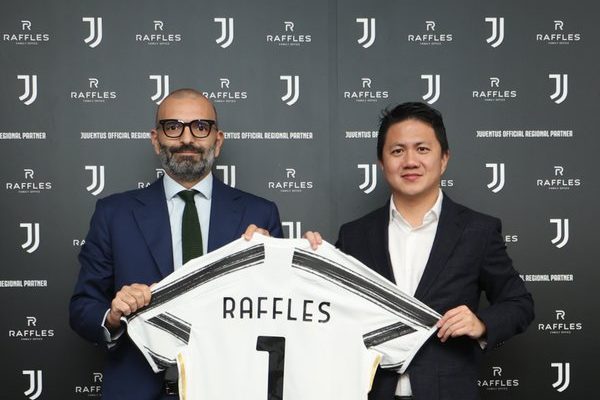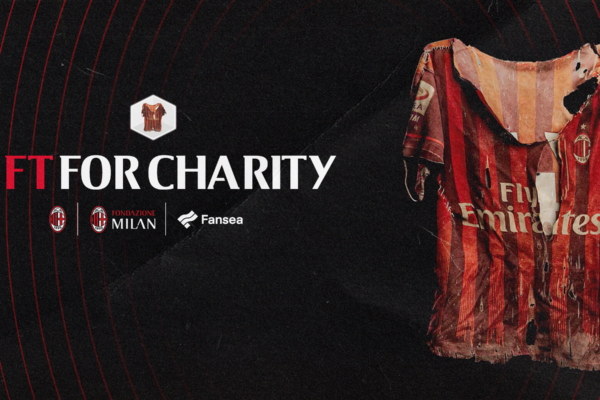Marco Sansoni is a thought leader in fan and guest engagement, experience and services for global sporting events, having lead successful projects in five Continents in the last two decades, including five FIFA World Cups and working for the fifth Olympic & Paralympic Game. He is currently working with On Locations for Paris 2024. Excerpts from the interview:
How did you enter the sports event industry?
Well, it’s a mix of luck, but at the same time of readiness. I was probably ready when the opportunity came. However, it started with bad luck because I was working in London in a hotel, and I got injured. So after nine days, they couldn’t tell me what I had exactly. So I came back to Italy. During the weekend, I visited a friend in Torino. And that weekend, basically changed my life because I was indicated by someone whom I met that weekend for a position for the upcoming Winter Olympic Games in Torino. So back, we were talking about 2005. So that’s how everything started.
Two weeks later, I moved from London to Torino to start my first sports event job which was the Winter Olympic Games and I was hired by an American company that specialized in event services. So it is the planning and operations of all spectator-related services, which is done through volunteers. I fell in love with it because of the relations with the volunteers which is amazing. It’s amazing to manage people who give their time basically for free. And no matter how much you pay them back, they will always give you more than what you give them.
And I was lucky enough to have another opportunity at the Doha Asian Games 2006. In Olympics it is a greater culture of fan engagement and fan experience. And because probably I did a very good job in Torino, that company gave me other opportunities and sent me to Rio after the Asian Games for the Pan American Games as a consultant where I was responsible for training the staff and the volunteers of the spectator service. The Spectator services are the biggest functional area within an organizing committee. So it’s the responsibility of the Organising Committee of a game of the FIFA World Cup to deliver such service. And to give you an idea about numbers in a Summer Olympics, we’re talking about 15,000 volunteers and in Winter Olympics we are down to 6000 which is approximately the same number of volunteers I have worked with in Brazil. Basically, I developed the concept for FIFA World Cup, which after that World Cup in Brazil became a standard for the future FIFA World Cup and senior World Cup and after consulting Russia for the Organising Committee, basically, if you’ve called me and asked me to kick off the department in-houses. So I’ve been working for two years between 2019 and 2021 FIFA and expanded the concept to FIFA Club World Cup and FIFA
Women’s World Cup. So this is now a requirement also in those events. I developed my own what I call the fan-centric vision and if you want to do a good job in the events world, you need to anticipate rather than react to problems and then problem-solving.
Have you taken a formal degree in event management?
The answer is no. I graduated in political science in geopolitics which has something to do with mega-events. They move around the world based on the economical social factors that the economic and social situation of a country will also affect the capacity to host an event.
I graduated in 1997 I started my junior University and at that time there was no sport event management at all. Nowadays I do teach in sport event management master’s degrees, and I always start my courses with a message that basically the audience, the class knows more than me on a theory level, but the theory is actually getting shaped nowadays.
Sports event management doesn’t really exist. It’s a white canvas that is being written or painted. Nowadays, we tend to take for granted that this was always there, but it was not. It was for Sydney Olympics when the IOC first developed a transfer of knowledge program. I wouldn’t give more than a decade to sport management in the proper sense. Previously it was based on very local knowledge and local vision and nowadays, you have experts from all over the world coming from Australia, England, Italy, Brazil etc. because these countries have hosted some of the biggest events. This is how sport management is being developed. But on one side, all those people that are involved in delivering and they run an event after the other, they don’t have the time to stop and think and really operate what they’ve delivered and neither to talk about it because they’re working on the next event. And when one works in events, the pace is very, very fast. So Covid in this sense has helped develop some literature.
What does your current job position entail?
I am working with On Location, an American company that has been appointed to deliver a new hospitality model for the next three Olympic Games. Since this is the first time it is being done, it is going to be challenging. I’m responsible for the arrivals and departures at all points of entries for all guests at Paris 2024.
We expect to have hospitality guests who will be coming from all over the world. They will land or arrive by train because Paris is within Europe and is well connected by trains. The challenge is going to be immense as there will be multiple points of entry. So with my staff, I will ensure that they have the best possible experience upon arrival which is the first impression. That’s the most important thing when you get to know someone or something. And the last when we when they will depart. So to ensure that the guests arrive, they get to the right means of transportation, they might have received a car or the concierge service picking them up from the airport directly to the hotel. I mean, there are plenty of services that we’re going to deliver.
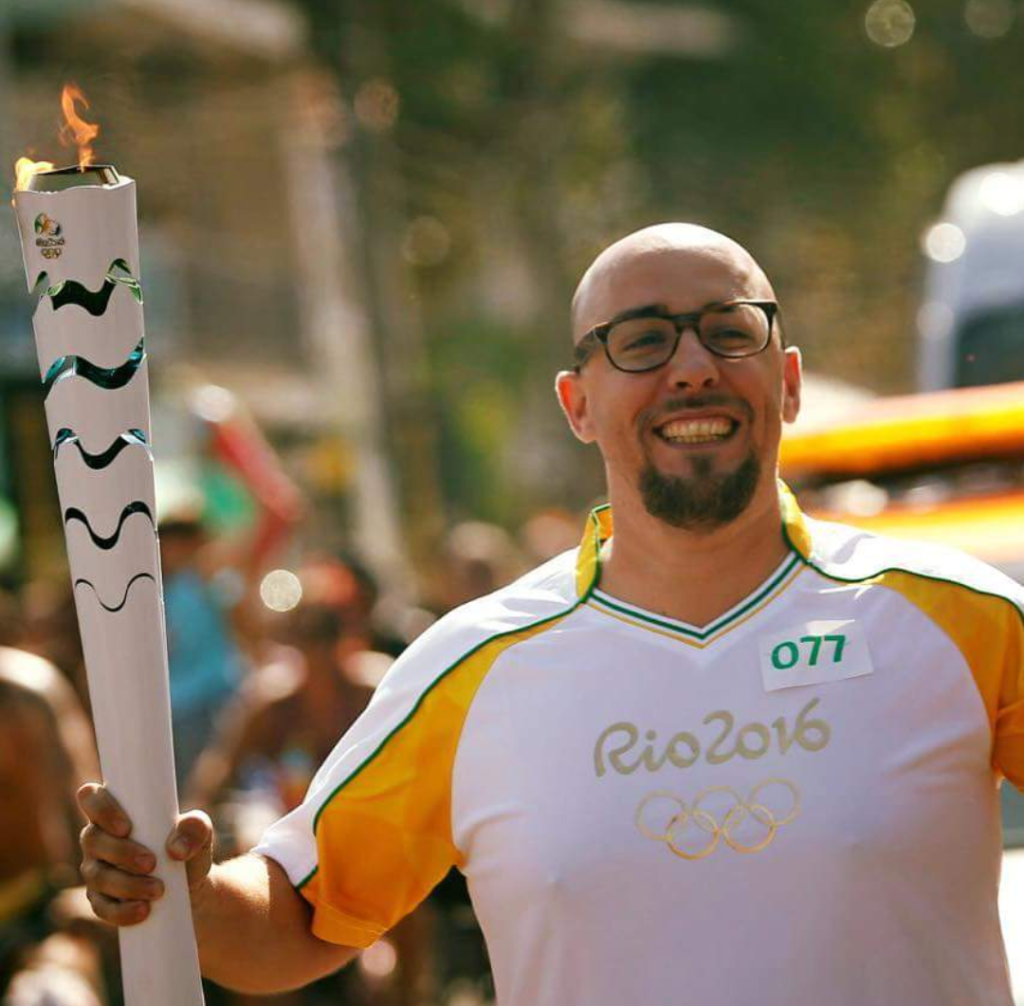
What’s the plan B if covid returns during Paris 2024?
To be honest, the approach is pretty optimistic. I can give you an example of what happened for the Euro 2020 which happened in 2021. It was postponed by one year and it was complicated a lot operationally and also affected the spectator experience. The obligation of doing the test 48 hours in advance and for us from the staff perspective, we had to take regularly the tests normally and every day before the event. Before match day we had to get a PCR test as well so it really affected us and the spectator experience. Fortunately, during that event, we didn’t have any major issues.
There can be many external issues too like Visa permissions. How to tackle those?
So, talking about the visa, that’s a very good point. Also, from a staff perspective, considering I’ve been working on other continents, working in Europe is pretty easy. The European Union makes it easy, let’s say but when you go further for example, in Brazil, I think given example, I was contacted in February 2011. By the time I got the visa, it was December 2012. Because it’s a working visa it’s way much more complicated to go through the process.
So usually, nowadays, when a country has been appointed for a world cup or for an Olympic Games, the first thing they facilitate is the working visa for the staff. I remember in Italy, I had to do a visa as a tourist, which takes three days and it has some cost but for the World Cup when you apply for a Visa, you get a ticket and then you apply for a fan ID. That fan ID would serve as a visa for the period of the tournament. Qatar applied the same concept by introducing the Hayya Card that all the fans had to apply for. When it comes to Olympics, imagine the number of athletes involved from all over the world. The application to the accreditation works as a visa as well, because there’s a background check that you go through.
What are the pros and cons of working in the sports event industry?
I believe that having the opportunity to travel the world and live in a country because depending on the project, you might spend a few weeks if you’re hired against time, or a few months or a few years like in this case I’m here in Paris for two years. You have the opportunity to actually experience a new culture, and learn the language as happened to me in Brazil. And now in France, I’m getting fluent in French. So getting to know the language, the culture, the food, the people and the hospitality of the people is an amazing experience. Another positive aspect of working is dealing with the fan experience.
Getting to work with the spectators gives you a 360 degrees perspective because you have to gather all the information about what is going on in a competition venue or in a stadium. From medical security to transportation, you have to gather all those information and basically find the easiest way to communicate that to the spectator at the right moment at the right place. It might be through the spectator guide on the website or as a coordinator. I consider myself a fan rather than an expert. But you’re called an expert because you have the experience. So no matter how much you know but when you move to work in a different event, you have to start from scratch. You have to build a relationship. You have to build the trust of the team because it’s in another language in another culture.


